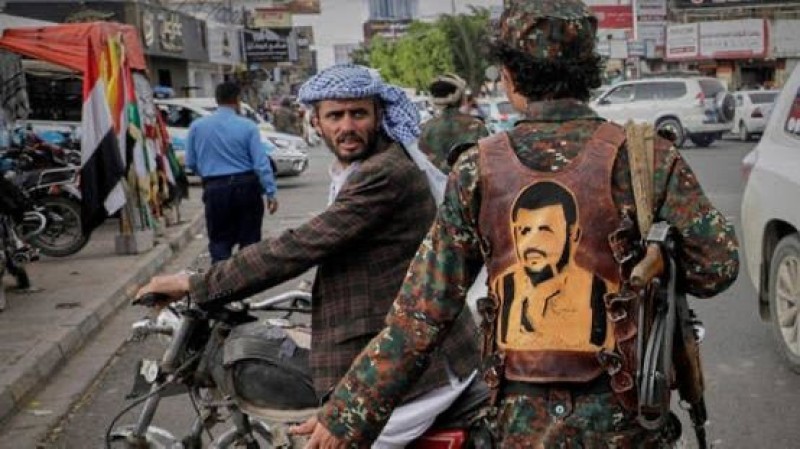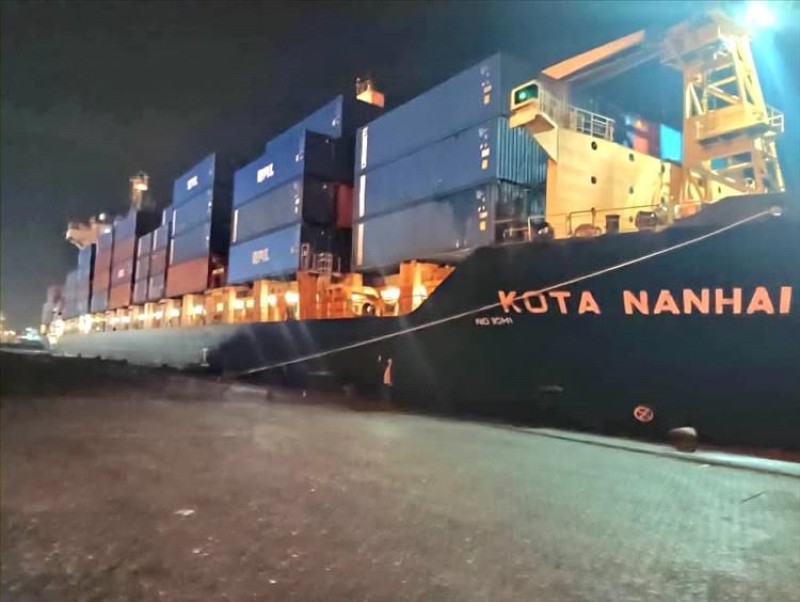Red Cross reports new outbreak of dengue fever in Yemen


The International Committee of the Red Cross reported a new outbreak of dengue fever in war-torn Yemen on Monday, with thousands of cases reported and several dozen deaths.
Robert Mardini, the ICRC’s U.N. observer, told journalists that while there has been a de-escalation of fighting in Yemen which is positive news, the Arab world’s poorest nation faces “a very dire humanitarian situation.” It is not only facing an escalation in dengue cases but must also continue to deal with tens of thousands of cholera cases as well as malaria, he said.
More than 3,500 cases of dengue have been reported in Taiz, Mardini said. And in Hodeida, where the country’s main port is located, the ICRC heard that 50 people died in late October and early November of dengue fever and malaria, and the local head office reported the number of people infected with dengue fever is 2,000, and close to 3,000 have malaria.
“So you can imagine, with the violence and the fighting, it is a big challenge to control this epidemic,” Mardini said.
In addition, he said, last year’s “spectacular” cholera epidemic in Yemen isn’t over yet, pointing to more than 56,000 cases reported between January and September.
The European Commission’s humanitarian aid operation known as ECHO reported Monday that 10 people died of dengue fever in Taiz governorate last week and local health authorities expected the death toll to increase.
As of Thursday, ECHO said, 7,970 cases of dengue fever were reported in the governorate. It said 3,215 were confirmed and 103 patients were under observation in government hospitals.
Dengue fever is a painful, debilitating disease caused by viruses transmitted by mosquitoes that breed in stagnant water. Malaria is caused by a parasite also transmitted by mosquitoes, and cholera is caused by eating food or drinking water contaminated by bacteria.
Mardini said dengue and malaria are endemic in Yemen though in recent years their prevalence had “been extremely low.” But now, because of the weakness of the country’s health system and problems with its water supplies and sanitation, malaria and dengue are appearing again, he said.
The conflict in Yemen began with the 2014 takeover of the capital, Sanaa, by Iranian-backed Houthis who control much of the country’s north. A Saudi-led coalition allied with the internationally recognized government has been fighting the Houthis since 2015.
Fighting in Yemen has killed thousands of civilians and created the world’s worst humanitarian crisis, leaving millions suffering from food and medical care shortages and pushing the country to the brink of famine.

Sana’a – The occupied Yemeni capital Sana’a is witnessing mounting economic panic and a sharp collapse in the real estate market…

Aden – The vessel Kota Nanhai departed Al-Mualla Container Terminal at Aden Port this evening after completing the unloading of 457 standard…

Aden — Yemen’s Presidential Leadership Council Chairman Rashad al-Alimi held talks with Central Bank Governor Ahmed Ghalib to review th…